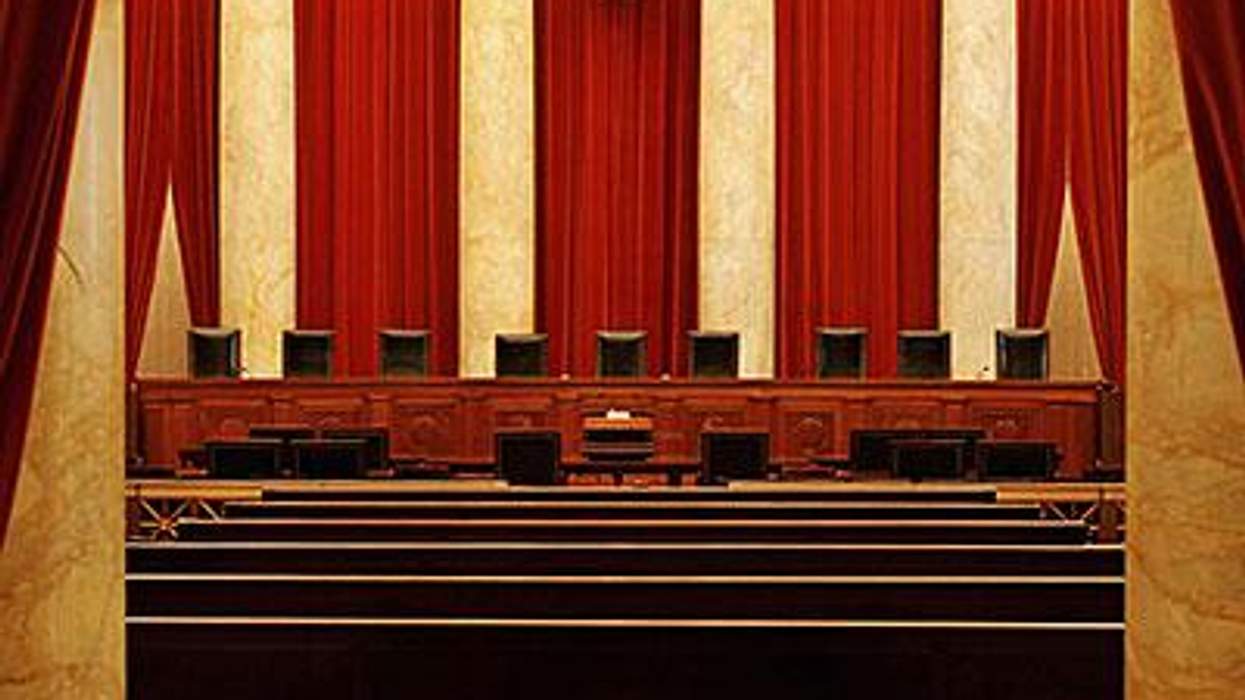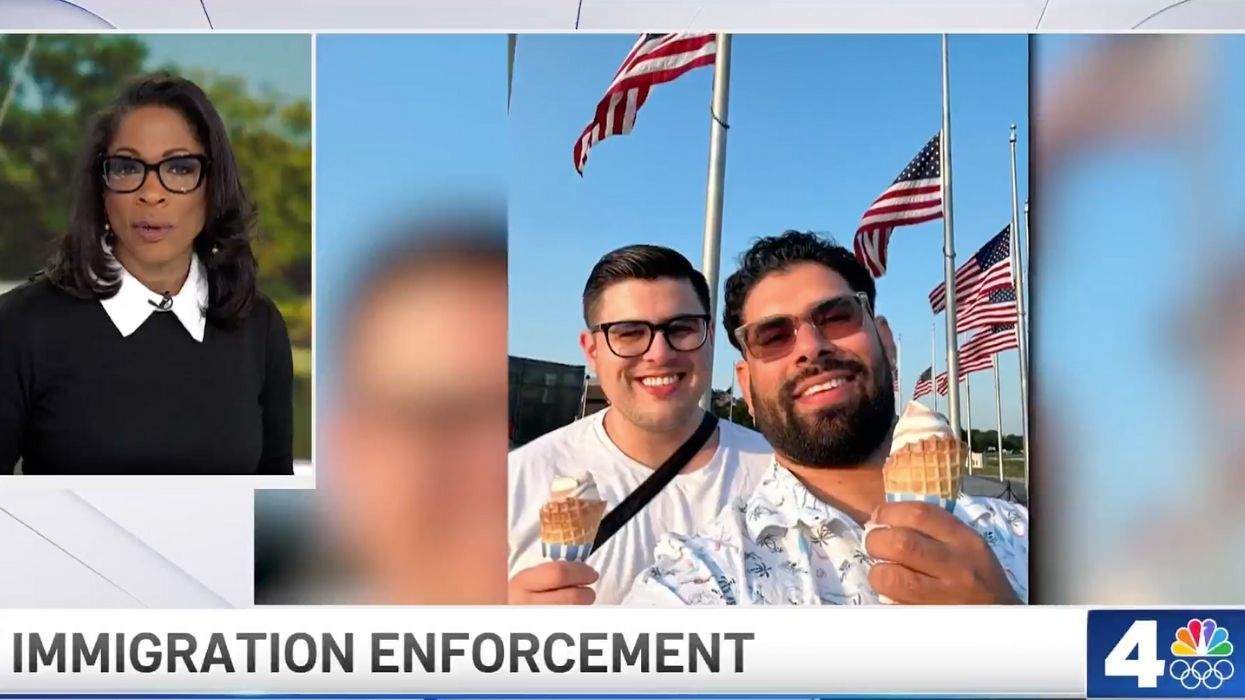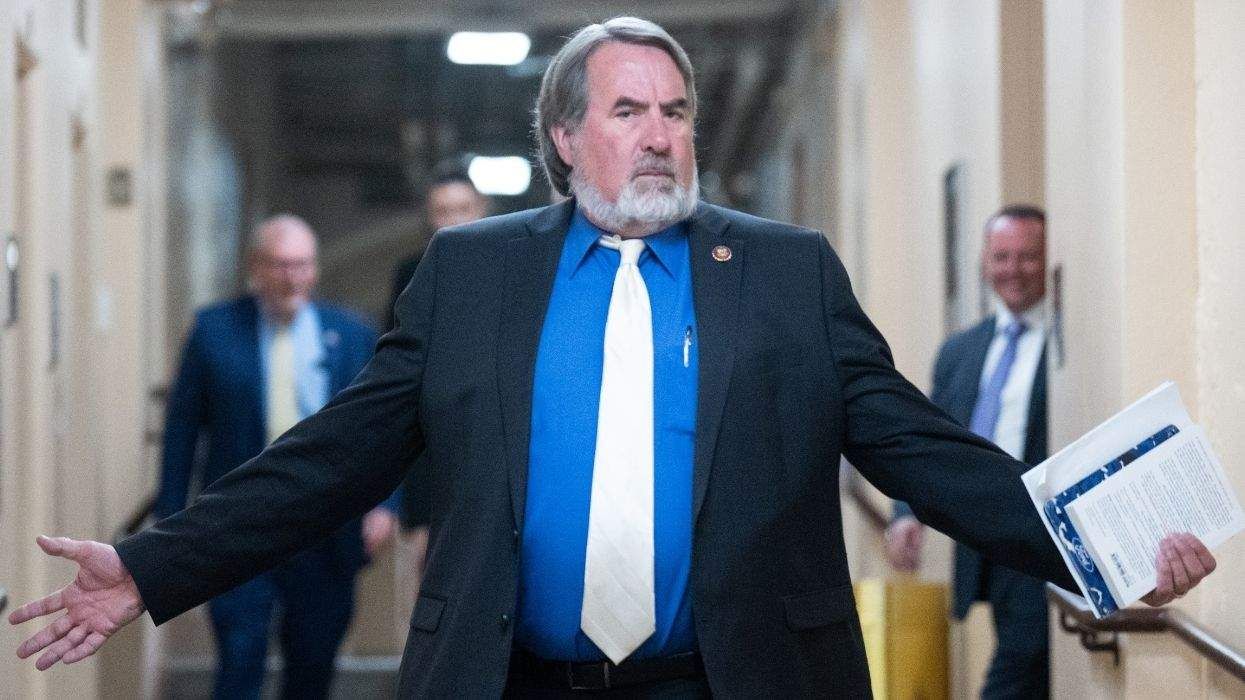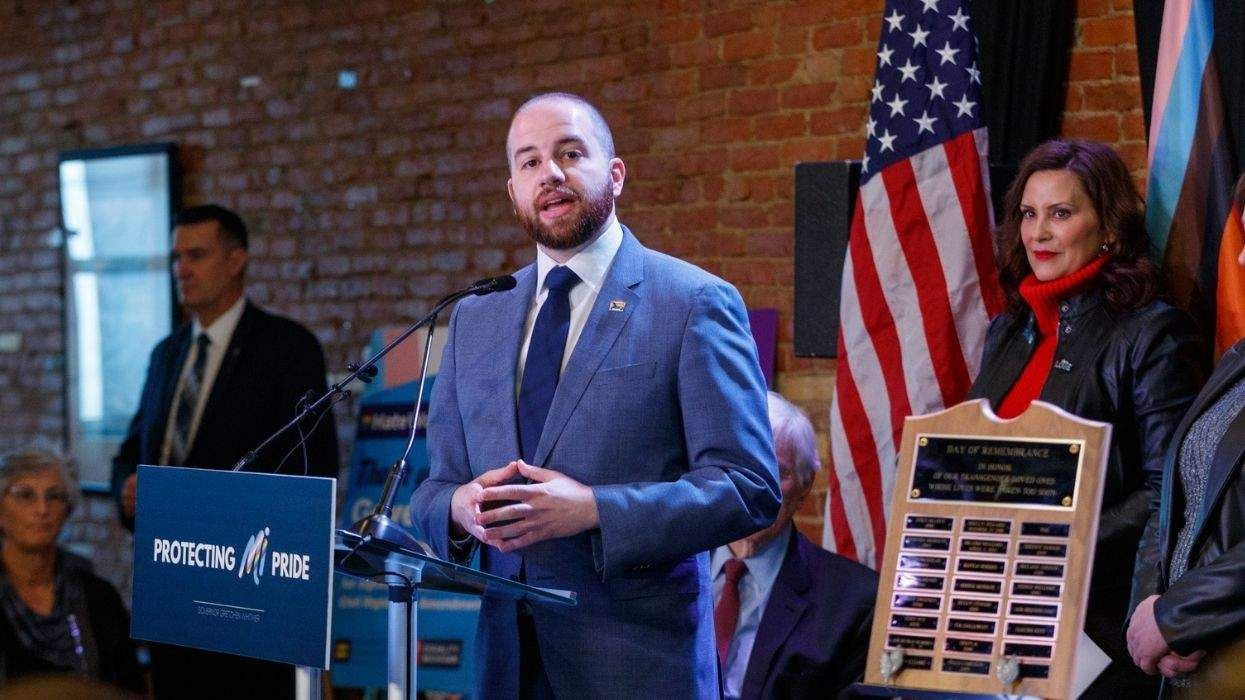The U.S. Supreme Court will consider as many as five statewide challenges to marriage bans in its upcoming private conference, the first of its new session.
The court will decide whether to weigh in on petitions from Indiana and Wisconsin, Oklahoma, Utah, and Virginia, The Wall Street Journal reports. Meetings to decide the court's schedule begin September 29 in a private conference. After that conference, the justices will then add those cases they decide to hear to the docket for the upcoming term, which begins October 6.
Court-watchers have anticipated -- even predicted -- that the court would take up at least one of the cases for review in a process known as granting writ of certiorari. If the court takes on all of those cases, then ultimately rules in favor of marriage equality, more than 65 million Americans could find themselves living in states where same-sex couples would have the right to marry.
"The State of Utah and the plaintiff couples agree that it is important the Supreme Court take this case and settle the constitutional questions at stake, questions that matter so much to the families we represent and to so many others across the country," Peggy Tomsic of the Salt Lake City law firm Magleby & Greenwood P.C. said in a statement Wednesday. Tomsic is one of the attorneys representing the same-sex couples in the Utah case.
"It is time to end the legal bans that keep committed couples from standing up and making the unique pledges of marriage to each other -- pledges that would allow their families protection and security everywhere in this country," said Mary Bonauto of Gay and Lesbian Advocates and Defenders.
In each of the cases before the Supreme Court, federal appellate courts have already decided in favor of marriage equality. As The Advocate's Matt Baume explained this week, that means if the Supreme Court upholds those rulings, the decisions would also apply to the neighboring states in that circuit.
For example, in the Fourth Circuit, the Virginia victory would apply to Maryland, North Carolina, South Carolina, and West Virginia. Maryland has had marriage equality since 2013. If the Supreme Court upholds the decision of the Tenth Circuit, striking down Utah and Oklahoma's marriage bans, those victories would apply to Colorado, Kansas, New Mexico, and Wyoming. New Mexico embraced marriage equality late last year. The remaining states in the 10th Circuit have about 8.7 million residents.
If the court rules in favor of marriage equality in all of these cases -- or allows the current rulings from lower courts to stand -- an additional 65 million Americans would live in states with full marriage equality. Currently, roughly 137 million people, or 44 percent of U.S. inhabitants, live in a state with marriage equality.
Additional reporting from Matt Baume















Charlie Kirk DID say stoning gay people was the 'perfect law' — and these other heinous quotes
These are some of his worst comments about LGBTQ+ people made by Charlie Kirk.